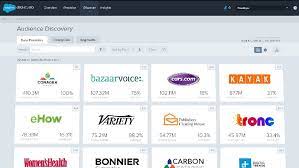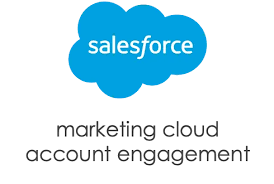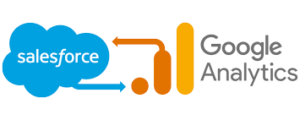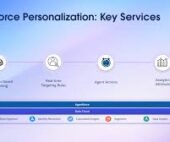Understanding Salesforce Marketing Cloud (Exacttarget) compared to Salesforce Account Engagement (Pardot), and their differences.
Distinguish between Pardot and Marketing Cloud with these highlights:
Salesforce Marketing Cloud Engagement (Marketing Cloud formerly ExactTarget)
- Reach customers through preferred mobile channels
- Optimize email engagement with targeted messaging
- Deliver targeted ads across channels
- Predict customer preferences with automated messages
- Build seamless customer journeys
- Analyze and optimize performance
- Boost productivity with AI
- Traditionally B2C
Salesforce Marketing Cloud Account Engagement (formerly named Pardot)
- Automate journeys for high-quality leads
- Align sales and service for complete visibility
- Optimize marketing touchpoints connected to the sales pipeline
- Segment contacts based on engagement
- Alert sales when prospects are highly engaged
- Scale efforts with Artificial Intelligence, including lead and account scoring
- Traditionally B2B
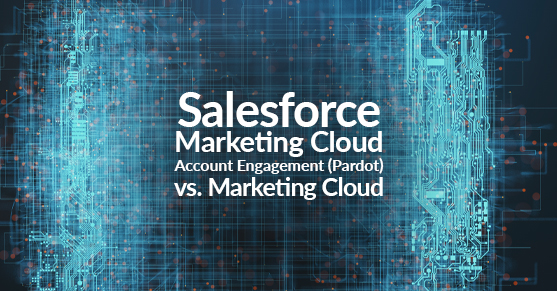
- Do Marketing Cloud and Pardot do the same thing?
- Is Pardot part of Marketing Cloud?
- Is one the ‘dummies’ version of the other? In other words, is one the low budget/small business/no technical skill option?
The answer to all the above questions is no.
Salesforce Account Engagement and Marketing Cloud – two equally powerful marketing automation platforms for very different use cases.
Pardot (Account Engagement) is used for ‘considered purchases’ where there are long sales cycles and multiple decision-makers – which is typical of B2B, but not exclusively. Marketing Cloud is best suited to transactional purchases across multiple marketing channels – which is typical of B2C, but not exclusively. As time goes on, you’ll find more examples of organizations marketing to consumers that will be making a considered purchase, and on the flip side, more accounts (B2B) making transactional purchases, in high-volume, such as self-service commerce.
‘Is Pardot a part of Marketing Cloud?’ and ‘Is Pardot Included in Marketing Cloud?’
It depends on how you interpret ‘part of’, which could mean two things:
- Built on the same product architecture.
- Marketed under the same brand umbrella.
Built on the same product architecture = no, Pardot is partly on its own platform, and partly on the core Salesforce platform. Marketing Cloud still exists on its own, not on the core Salesforce platform. Despite being renamed “Marketing Cloud Account Engagement”, the two do not function together, nor are sold together. Marketing Cloud still exists on its own, not on the core Salesforce platform.


